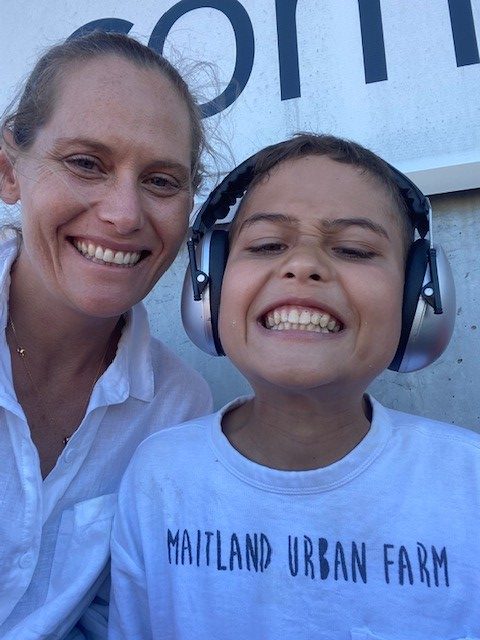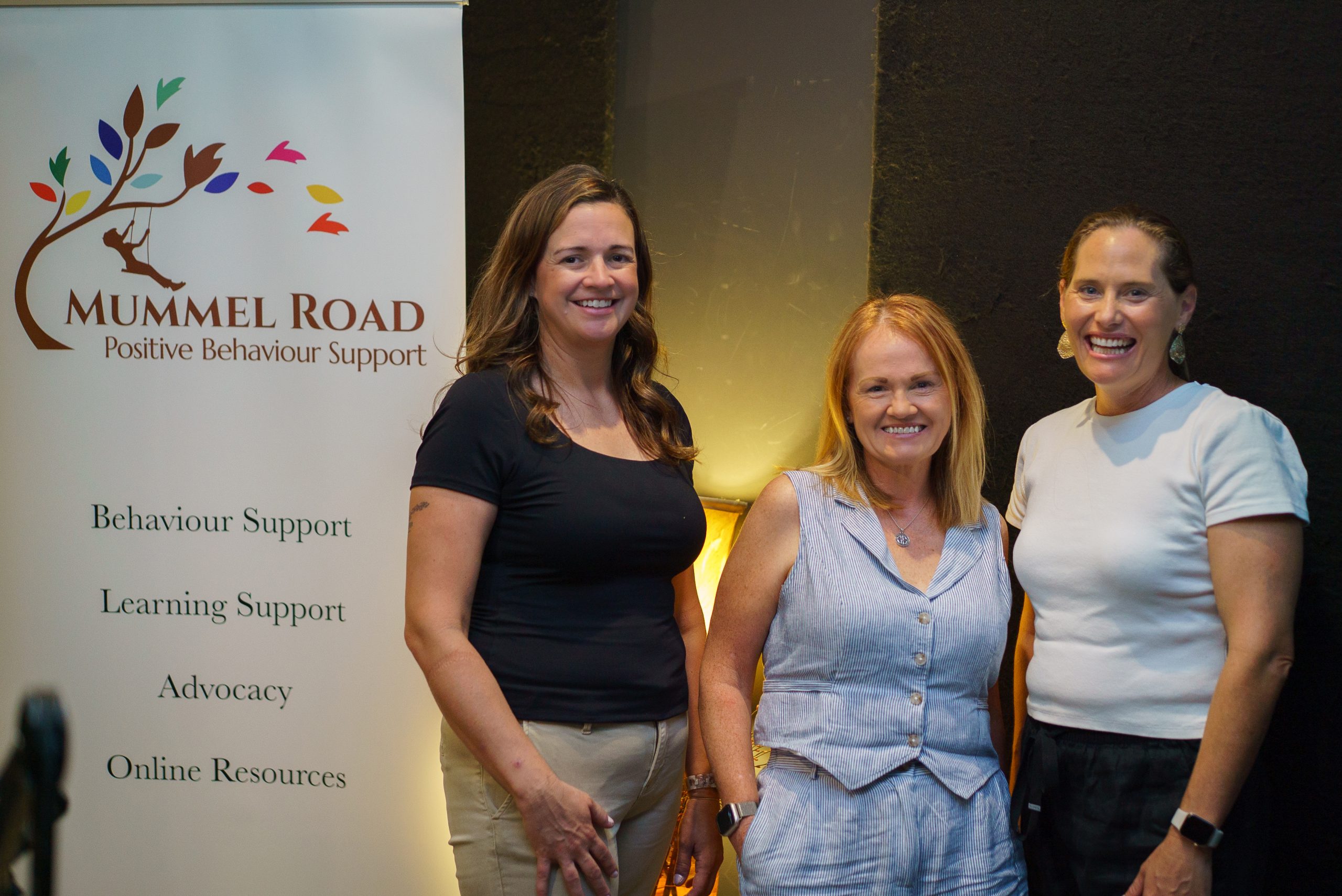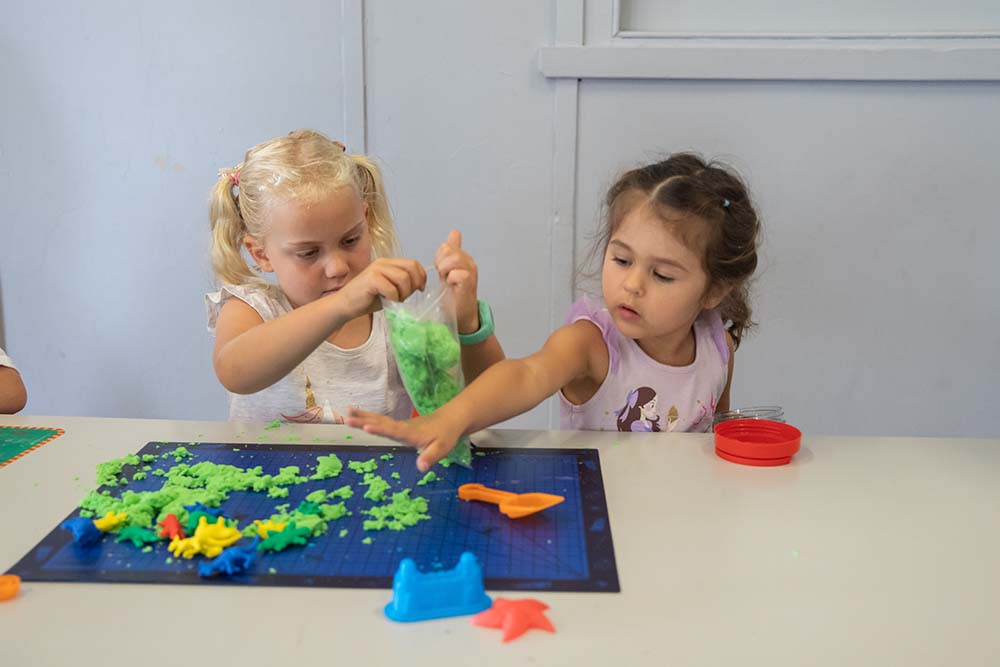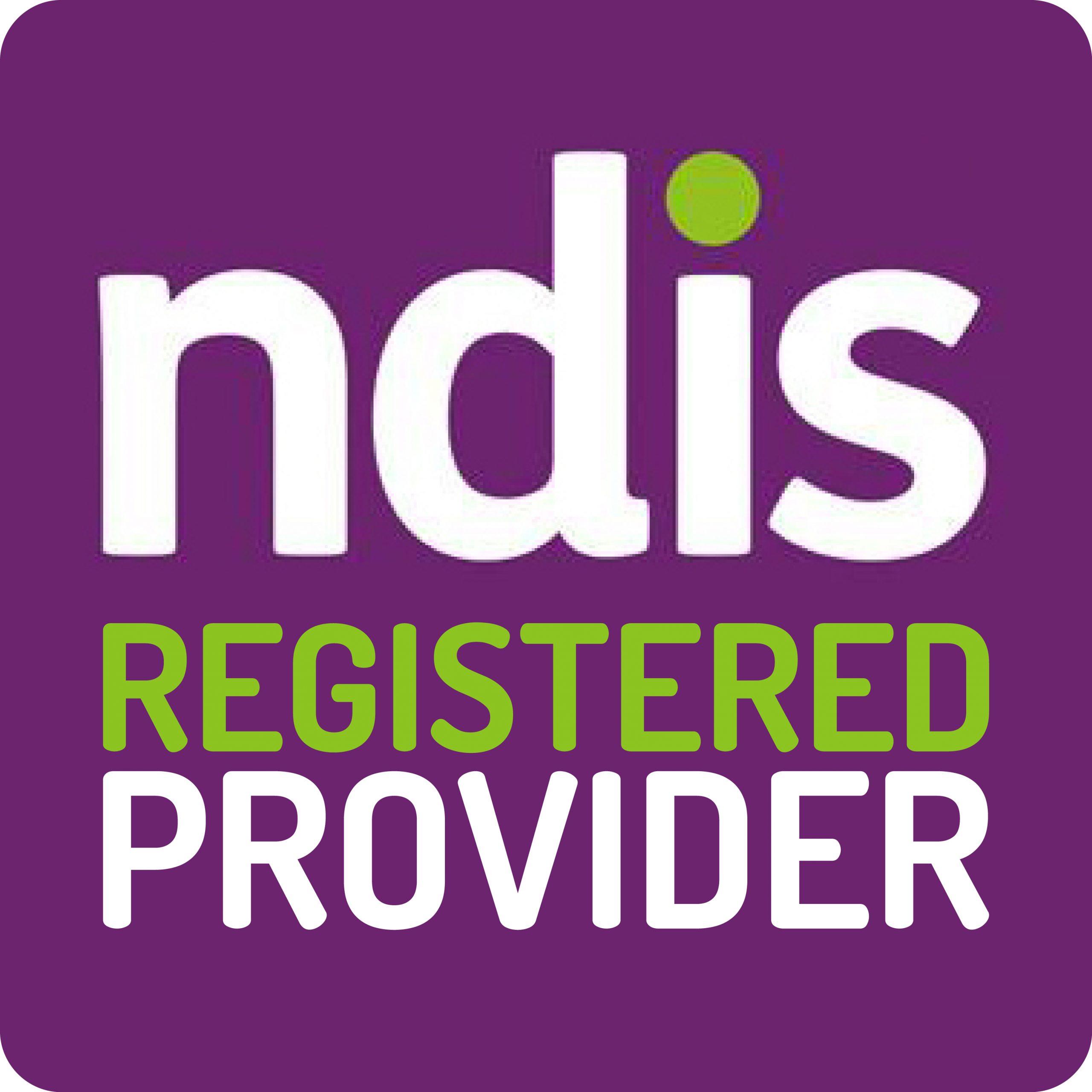I still remember the exact moment when the doctor said the words: “Your child has Autism Spectrum Disorder.”
It was as if the world paused for a second—my thoughts scrambled between relief, fear, and a deep sense of unknown territory.
For months, we had questions. We noticed how our son, avoided eye contact, struggled with loud sounds, and became overwhelmed by social interactions in ways other children didn’t. We saw his deep fascination with patterns and his ability to remember tiny details others overlooked. We wondered whether we were imagining things or if we were missing something important.
The path to diagnosis wasn’t straightforward. It was filled with long waitlists, endless online research at 2 a.m., and conversations with professionals, friends, and family. Some people dismissed our concerns—“Boys develop slower, give it time.” Others pushed for quick action—“You need to get interventions immediately.” And caught somewhere in the middle was our family, trying to find clarity while also protecting our child’s sense of self.
Facing the Diagnosis: Mixed Emotions
The day we received the diagnosis, I felt an unexpected wave of relief. It validated what we had sensed for so long Charlie’s experiences weren’t just quirks or behaviours to “fix”; they were a fundamental part of who he is.
But with relief came fear.
Would the world truly understand him? Would he struggle to make friends, feel isolated, or face judgment? How would our family adjust? And most of all—how could I support him in a way that honoured who he was, rather than trying to change him?
I realized that the diagnosis wasn’t about placing limitations on Charlie—it was about unlocking the best ways to nurture him. It meant we had access to resources, strategies, and a community that could help us navigate the journey ahead.
Supporting Our Family Through the Process
One of the biggest challenges wasn’t just processing the diagnosis myself—it was helping our family adjust.
- For my partner: He initially struggled to understand what the diagnosis meant. Autism wasn’t part of his world before Charlie, and he worried about what the future held. We spent time learning together, attending therapy sessions, and most importantly—letting go of expectations and embracing the joy of raising our unique, brilliant child.
- For our other children: They had questions. “Why does Charlie get upset when the TV is too loud?” “Why doesn’t he like hugs?” We talked about sensory sensitivities, how our son’s brain processed the world differently, and how their patience and understanding could help. We encouraged them to celebrate Charlie’s strengths instead of focusing on his struggles.
- For extended family: Some relatives worried about labels and stigma. Others rushed to offer parenting advice that didn’t align with Charlie’s needs. The hardest part was setting boundaries while advocating for Charlie’s right to be understood, supported, and accepted for who he is.
What I Learned Through It All
- Autism isn’t something to “fix.” Charlie doesn’t need to be changed—he needs to be embraced and guided in ways that work for him.
- Connection matters more than milestones. Instead of worrying about what Charlie wasn’t doing, we celebrated the ways he engaged with the world in his own time, his own way.
- Advocacy starts at home. I had to be his voice before he learned how to express his needs. Whether it was advocating for accommodations in school, standing firm in front of skeptics, or learning from autistic adults—advocacy was and still is part of our everyday life.
- It’s okay to grieve the expectations you had. I had moments of sadness—not because of Noah’s diagnosis, but because of the challenges the world might place on him. But those emotions didn’t mean I loved him any less—they were part of the process of letting go of preconceived notions and embracing who he truly is.
The Future & Finding Joy in the Now
Three years later, I look back at the journey and realize how much we’ve grown—not just Charlie, but our entire family.
The diagnosis wasn’t the end—it was the beginning of deeper understanding, new opportunities, and a fresh perspective on parenting.
To any parent walking this path—know that you’re not alone. There will be uncertainty, doubt, and difficult days. But there will also be laughter, breakthroughs, and moments of pure joy as you embrace the beautiful, neurodivergent journey ahead.
We are still learning. We are still growing. And most importantly—we are still connected.










